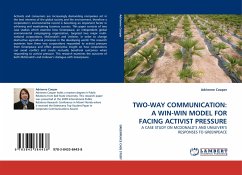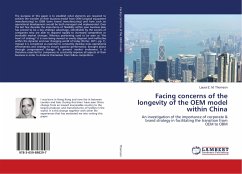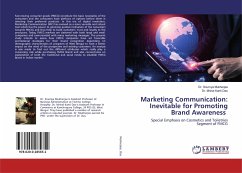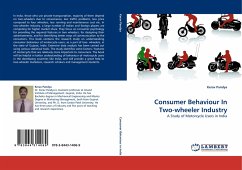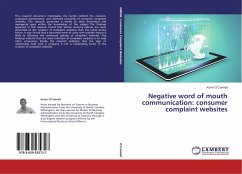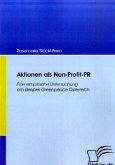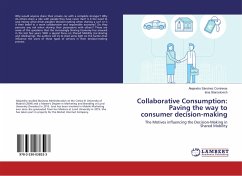Activists and consumers are increasingly demanding companies act in the best interests of the global society and the environment, therefore a corporation's environmental record is becoming an important factor in achieving and maintaining business success. This paper consists of two case studies which examine how Greenpeace, an independent global environmental campaigning organization, targeted two major multi-national corporations, McDonald's and Unilever, in order to change destructive agricultural processes in the developing world. This research examines how these two corporations responded to activist pressure from Greenpeace and offers prescriptive insight on how corporations can avoid conflict and create mutually beneficial outcomes when responding to activist pressure. This research examines the outcome of both McDonald's and Unilever's dialogue with Greenpeace.
Bitte wählen Sie Ihr Anliegen aus.
Rechnungen
Retourenschein anfordern
Bestellstatus
Storno

